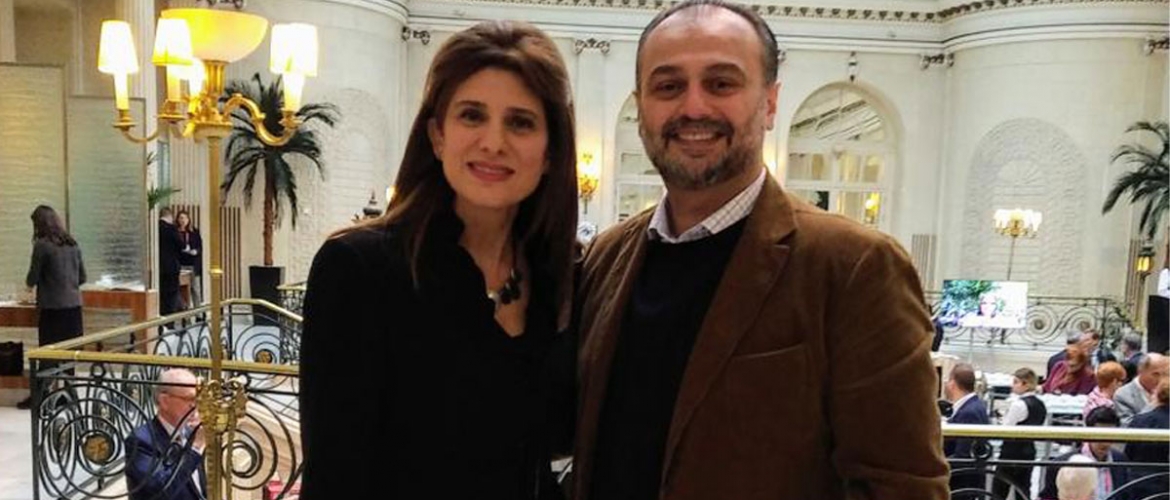The Economist War on Cancer: A Global Perspective
The Economist War on Cancer event in London served as a crucial platform for discussing the global challenges surrounding cancer treatment and prevention. Attendees included key figures from various sectors, emphasizing the need for collaborative efforts to tackle cancer from multiple angles. With contributions from organizations, governments, and individuals, the event highlighted the importance of a unified response to a disease that affects millions around the world.
One of the pivotal moments of the event was the address by Princess Dina Mired, who shared her insights on the role of different stakeholders in cancer control. Her leadership within the Union for International Cancer Control exemplified the kind of advocacy necessary to push for policy changes and increased investment in cancer research and care. The discussion underscored how essential it is for various actors to come together to create a more effective strategy in the ongoing war against cancer.
Significance of Collaboration in Cancer Research
Collaboration is often cited as a cornerstone for success in cancer research, and this was underscored during discussions at the Economist War on Cancer event. Researchers, policymakers, and healthcare professionals must work together to share knowledge, leading to innovative solutions that can improve patient outcomes. By pooling resources and expertise, these collaborations can address the multifaceted nature of cancer, which often requires interdisciplinary approaches for effective treatment.
The broader healthcare community can benefit significantly from joint initiatives that bridge gaps between research, clinical practice, and patient care. Such collaborative efforts not only enhance the understanding of cancer biology but also help in the translation of research findings into actionable strategies that can be implemented at the community level. Therefore, fostering a culture of collaboration is imperative for advancing global cancer control efforts.
Future Outlook for Cancer Policy
As the landscape of cancer care continues to evolve, discussions around future policies and frameworks become increasingly critical. Policymakers must consider the needs of diverse populations while creating equitable access to cancer treatment and preventative measures. The event provided an opportunity to lay the groundwork for innovative policies that take into account the latest scientific advances and patient-centered approaches.
Future cancer policies must also address the social determinants of health, ensuring that vulnerable populations are not left behind. Increased awareness and advocacy can drive the necessary changes in legislation to support comprehensive cancer care. This proactive approach will ensure that every individual has access to the resources they need to fight cancer, regardless of their socioeconomic status.
Staying Informed: The Importance of Engagement
Staying informed about advancements in cancer treatment and research is vital for patients and healthcare professionals alike. Engaging with newsletters and online platforms can provide critical updates, enabling stakeholders to remain in touch with the latest developments in cancer care. This continuous learning landscape allows for better-informed decisions that can directly impact patient outcomes and experiences.
Moreover, engaging in discussions and sharing insights through subscriptions to reputable sources fosters a community dedicated to combating cancer. By connecting with like-minded individuals and organizations, one can amplify their influence and contribute to meaningful change. Staying updated not only empowers individuals but also ensures that the collective effort remains focused and effective in the ongoing fight against cancer.

